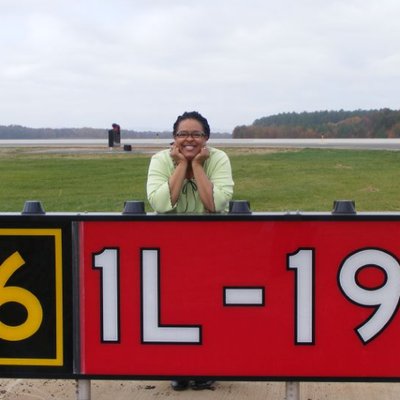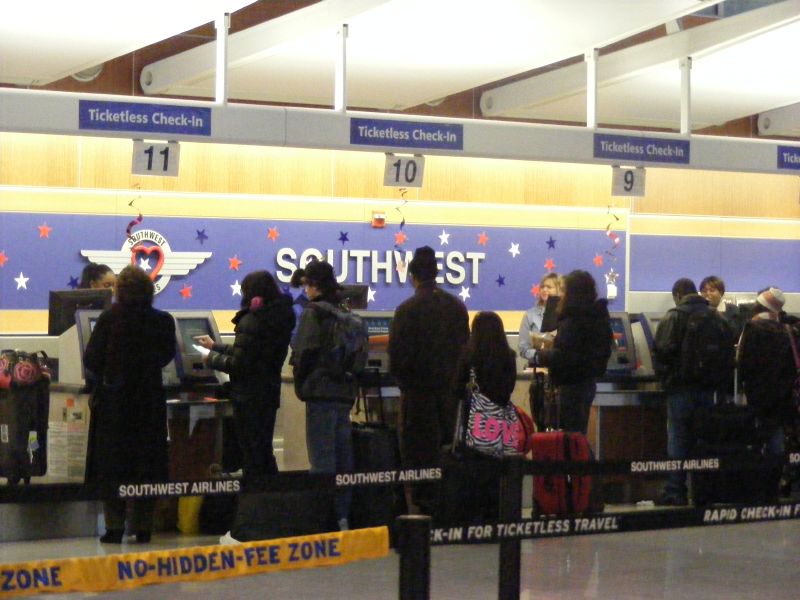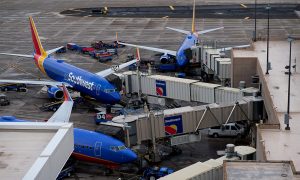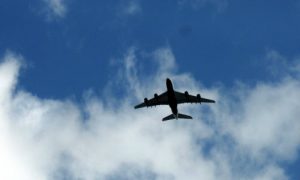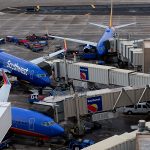What difference has the Web made to air travel? And, how many passengers are ponying up for various kinds of fees?
We’ve got some answers for you. The International Air Transport Association, the trade group that represents the world’s airlines, did an independent survey of passengers between July and September 2014, using social media, email and word-of-mouth to reach respondents. IATA received responses from nearly 5,500 people from more than 140 countries.
The survey found that respondents are getting used to baggage fees, with only 12 percent dissatisfied with the charges. Travelers in North America most frequently purchase “optional services,” such as reserved seats, upgrades and baggage fees.
In a report released in July by IdeaWorks, these fees — collectively called ancillary revenue — grew from $2.45 billion in 2007 to $31.5 billion for 2013, a whopping 1,200 percent increase. The study covered for 114 airlines from around the world. The top three were United, at $5.7 billion, Delta at $2.5 billion and American at $2 billion.
Here are some other highlights:
- More than 55 percent booked flights directly from an airline (website or mobile app);
- 85 percent of travelers (85%) compared multiple travel websites before buying tickets
- Almost 40 percent of travelers prefer automatic check-in, receiving boarding pass from airline by text message or e-mail.
- When it comes to baggage, 75 percent would self-tag their bags with a printed or electronic bag tag, and a whopping 80 percent would be interested in tracking their bags throughout their trip.
- While delayed bags are a major problem for 25 percent of travelers, 90 percent of passengers are satisfied with how their luggage is handled by the airlines.


